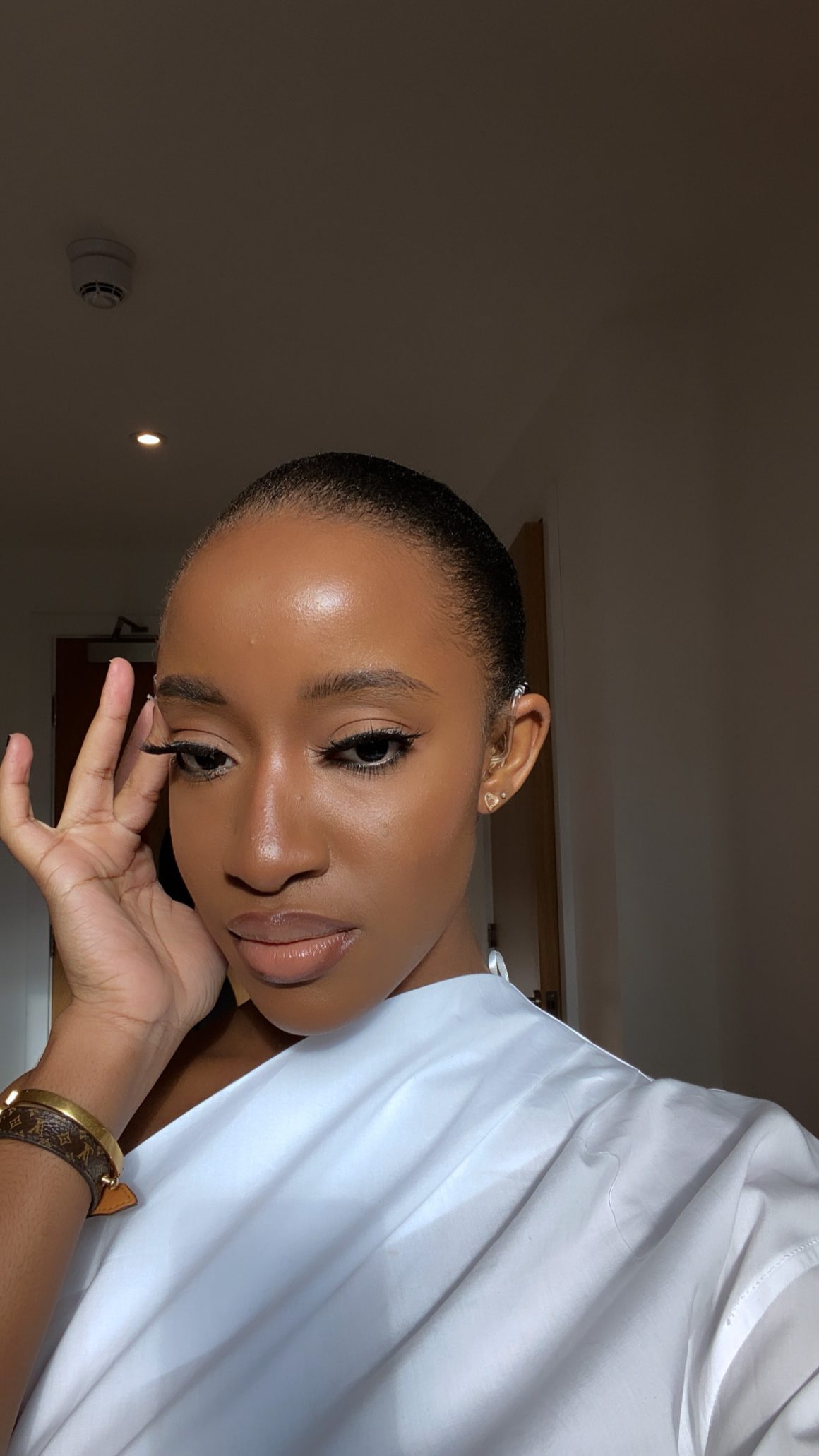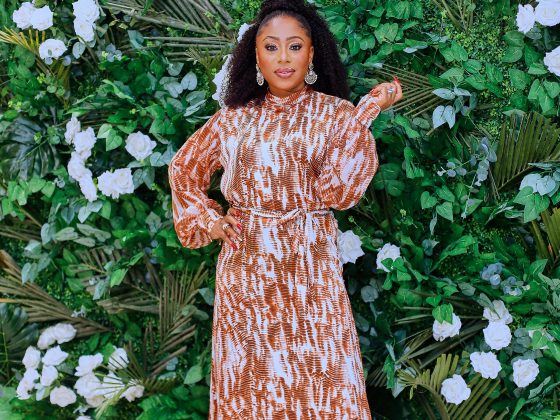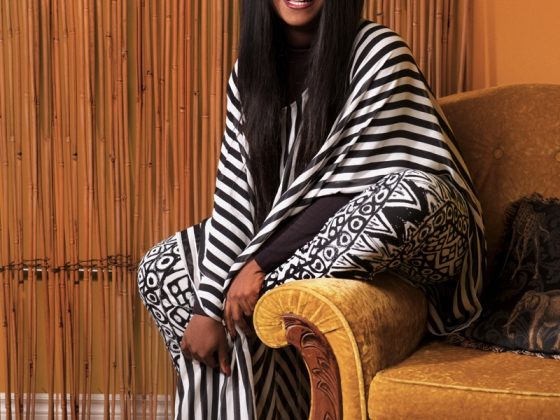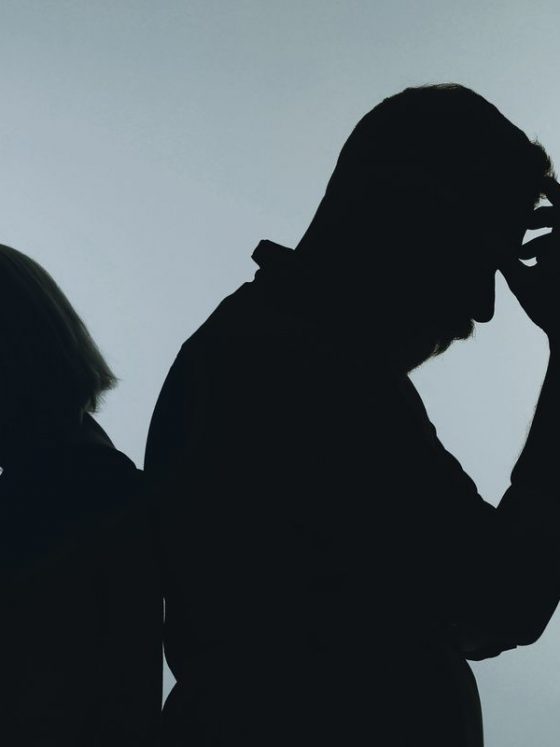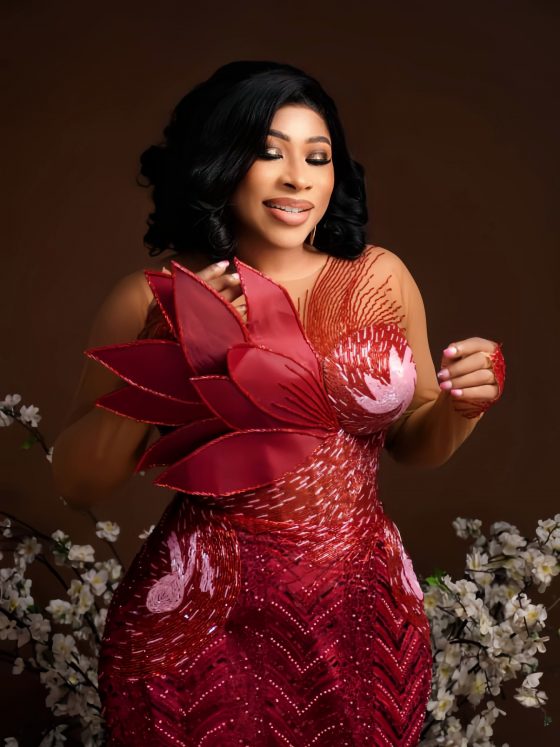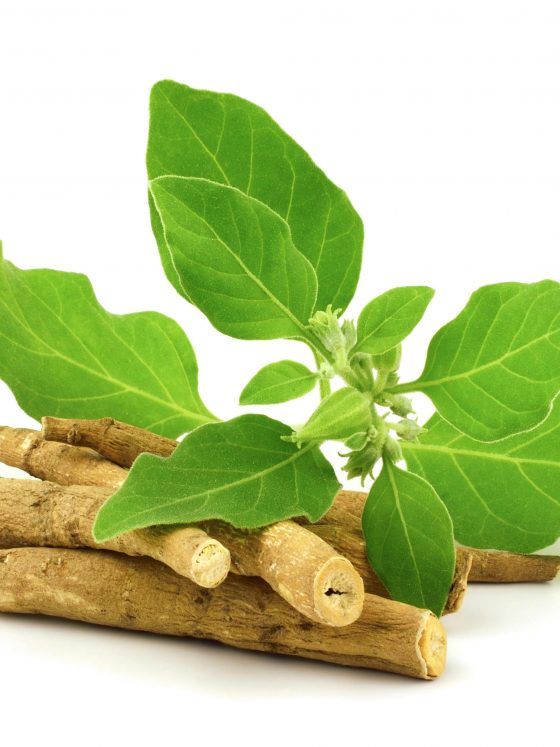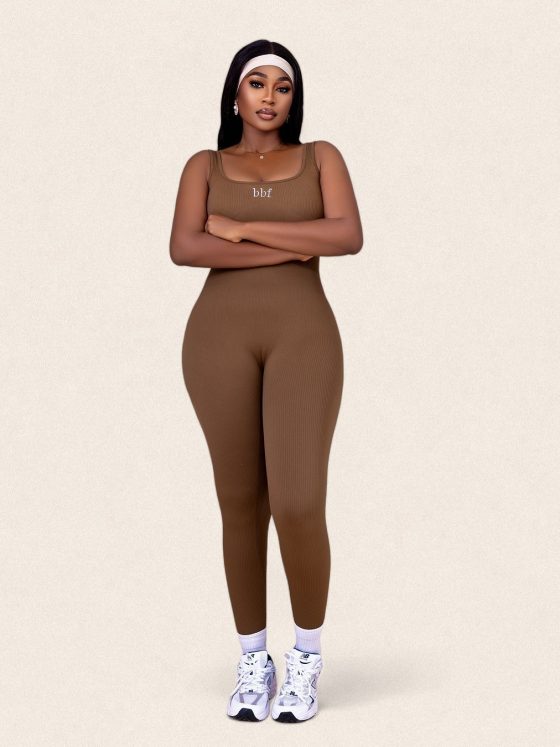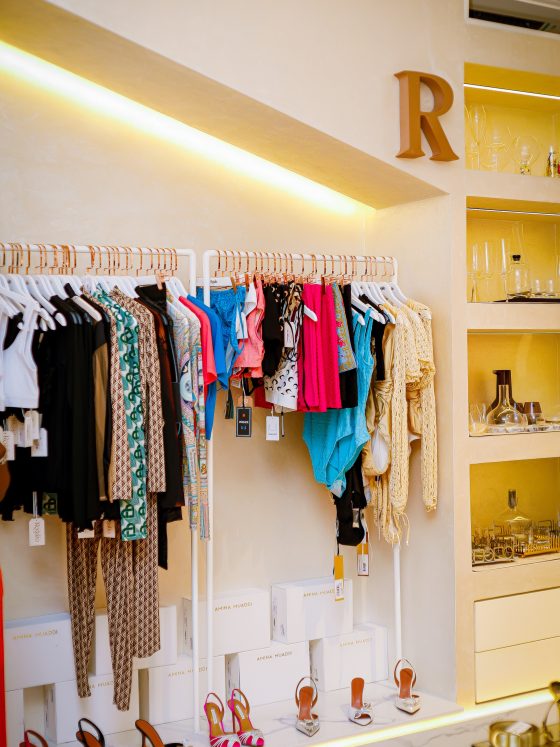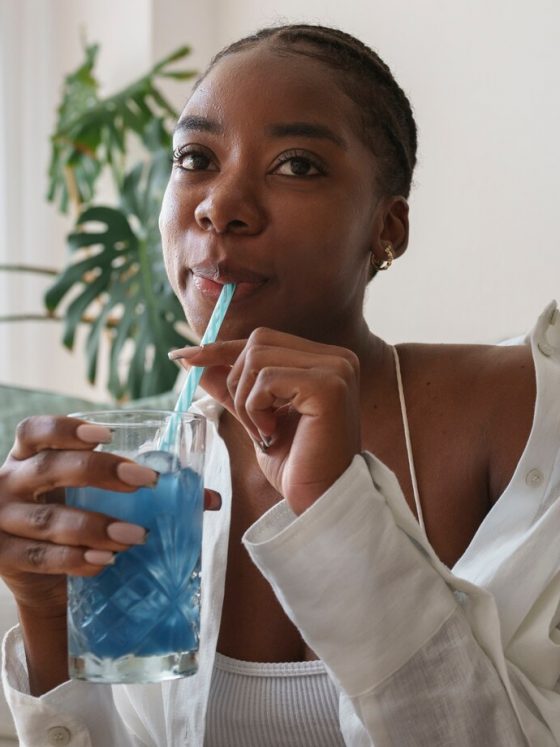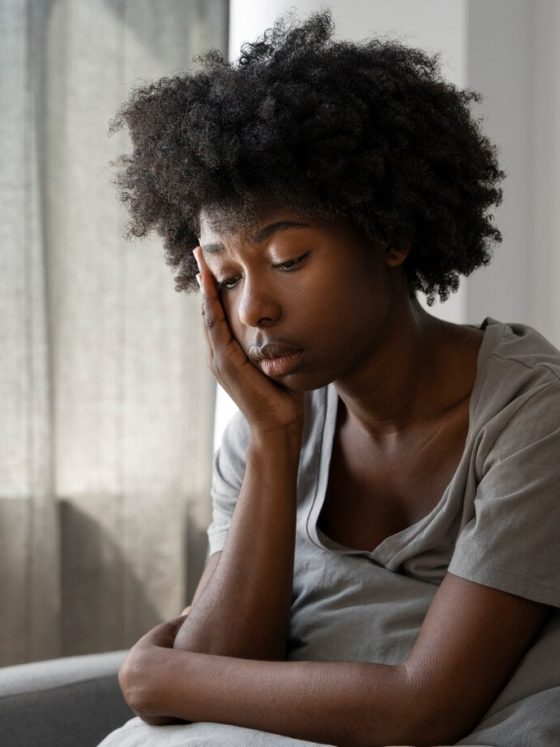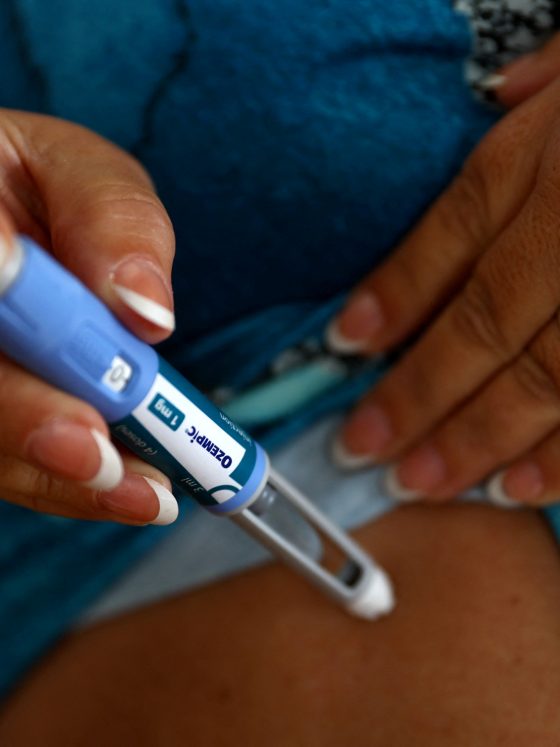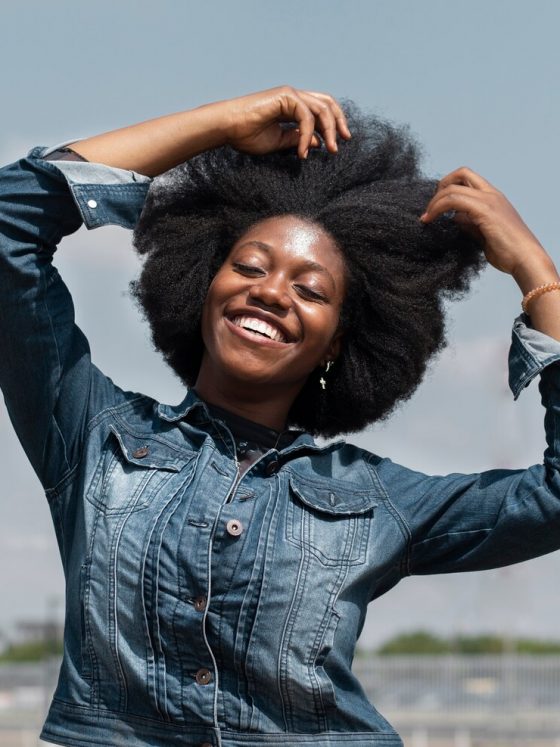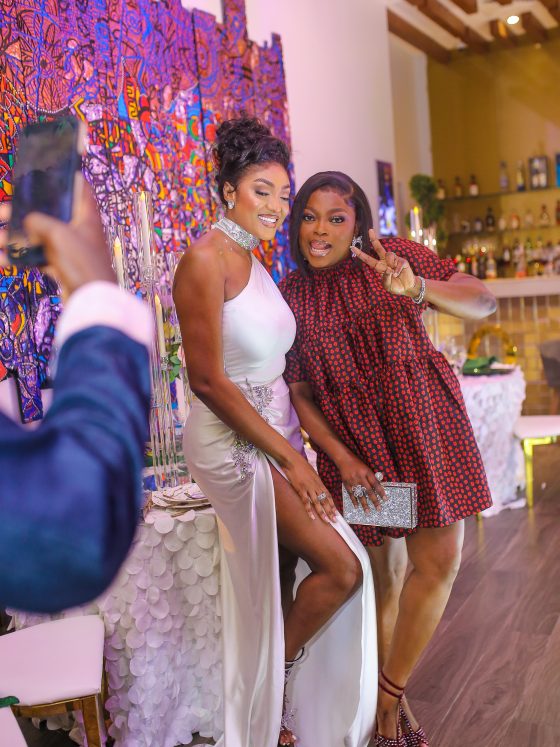Diagnosed with severe hearing loss at the tender age of four, Toyosi Alexis knows and understands the pains and pressure of growing up with a disability in a country like ours. In finding herself, she has had to deal with stigma, bullying and lack of self-confidence. And it is the lessons gotten from her personal experience that has led her to become an advocate for what she represents. When she isn’t on social media sharing inspiring content on self-love, confidence and her daily experience living with hearing loss, she is working as an ambassador for an international hearing aid brand called Phonak, which helps inspire women with insecurities about their disability to discover the full potential they never knew they had.
To mark this year’s World Hearing Day, she chats with Konye Chelsea Nwabogor on what it is like living with a severe hearing impairment and her several collaborations to raise awareness/ support for people living with this disability.
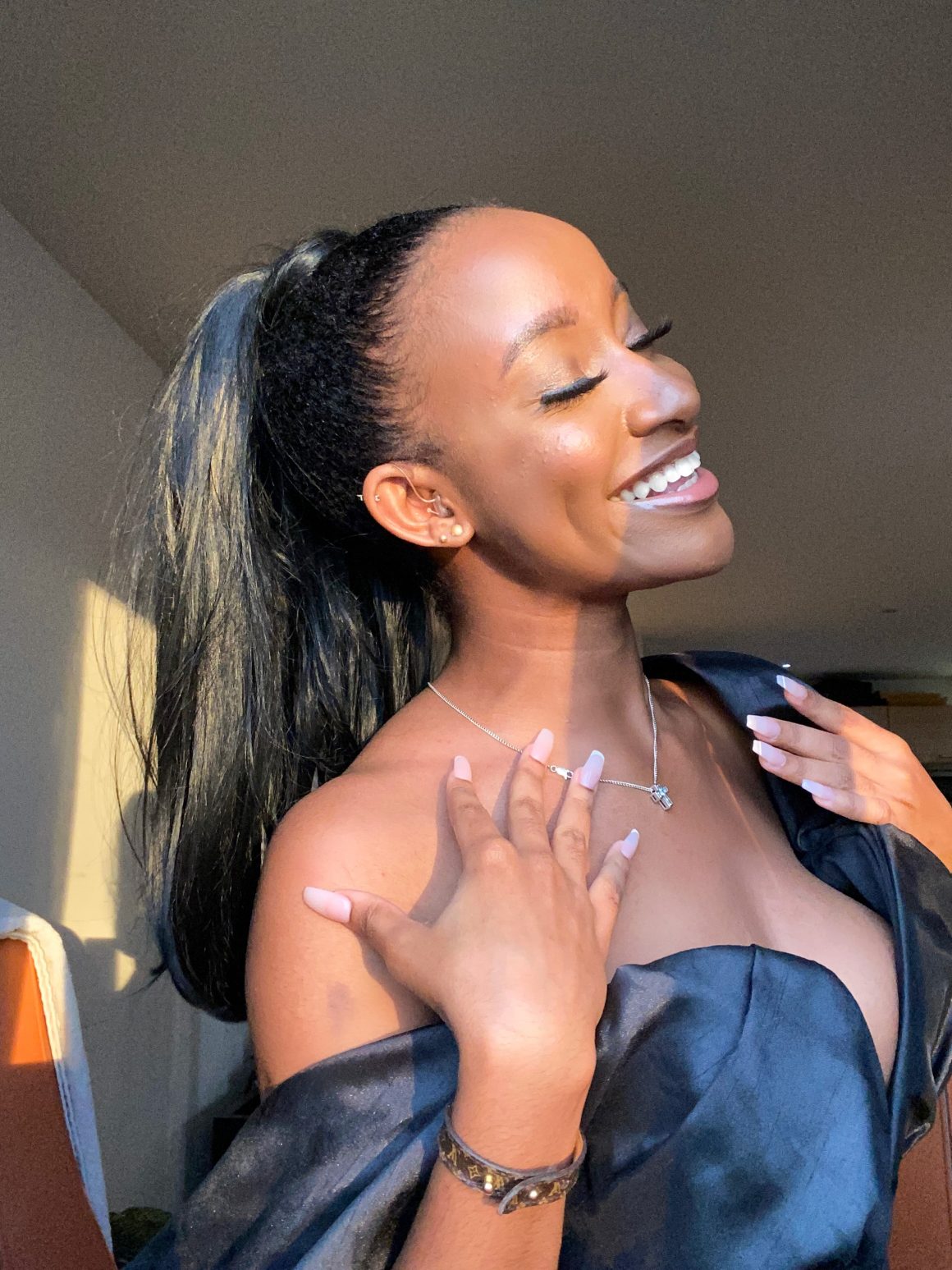
Tell me a bit about yourself, what do you do?
My name is Toyosi Alexis. I don’t do one thing specifically. I’m quite multifaceted if I do say so myself! I’m the founder of TÀ, and I’m a life coach who teaches women in an unconventional way how to pursue wholeness through purpose. I also work with Phonak, a hearing aid company that aims to encourage young people to own their authenticity regardless of insecurities developed due to disabilities. And I run Keïta Lagos with my sisters, a brand dedicated to bringing Africa to the forefront of the fashion industry.
Following your story on Instagram, I gather you weren’t born deaf. Can you let us in on what happened?
I have no clear answer as to what exactly happened to cause my hearing loss. My mother simply noticed that I wasn’t pronouncing certain words correctly and deduced from my speech that this could be due to a hearing problem that needed to be addressed.
So, are you totally or partially deaf? I notice you wear a hearing aid?
I have severe hearing loss and use hearing aids in both ears, so some might consider me “partially” deaf, but I still identify as a deaf person in general.

What was it like adjusting to the reality of dealing with a severe hearing issue? Did this in any way affect your self-confidence?
It was quite difficult! Owing to the fact that I did not grow up seeing other deaf people my age. I had been bullied as a child in secondary school in Nigeria, which negatively impacted my self-esteem, causing me to withdraw and develop awkward social skills. I was afraid to speak in social situations because I did not want to have to ask people to repeat themselves multiple times or deal with people’s lack of patience with me.
Asides that, my family and friends had a significant impact on how I saw myself by constantly telling me to own my uniqueness regardless of what others said. This propelled me into a new dimension of showing up for myself and other deaf people who were still dealing with the anxiety that came with their disability.
It wasn’t until I moved to the UK and became a Phonak ambassador in 2017 that I was able to meet other members of the deaf community. Having voices of reason around you, I believe, will always cause you to have a higher perspective!
Could you share with us some of your daily challenges and how you work around them?
Prior to being fitted with Bluetooth hearing aids, I had to carry a pack of hearing aid batteries with me everywhere I went, which I occasionally forgot. So, I could be at an event, and my hearing aids would stop working, limiting my ability to communicate with others for the majority of the time. In terms of how I worked around this challenge, I’d always give a pack of my batteries to a friend so that if I forgot them at home, I always had a backup!
Another major daily challenge, particularly with the introduction of masks due to the pandemic, is my need to lipread, which others do not fully comprehend. While I understand that everyone is doing their best to protect their health, I believe we should all be more compassionate when it comes to speaking audibly because it is challenging to hear people without masks and even more complicated when they are on.
You are doing amazing work as a content creator. Has this in any way affected your career?
Regardless of the challenges I may face from time to time, I believe that my hearing loss has positively impacted my work because it has created space for me to thrive in a way that is unique to my story. My disability has provided me with numerous opportunities, not only in terms of brand partnerships and collaborations but also internally. It has led me to discover new interests, such as beauty and coaching women, so I’d say it has mostly had a positive impact on my work.
Are you involved in any awareness/ advocacy programs for deaf people?
I am, indeed. For almost three years, I’ve been a brand ambassador for Phonak and Hearing Like Me, raising awareness about my journey with hearing loss and owning my story, which has inspired other young people to speak up. I have also collaborated on Deaf Awareness Campaigns with charities such as The Royal National Institute for Deaf People (RNID) and worked on projects with my NGO to raise funds for deaf schools in Nigeria that lack infrastructure and funding for the necessary types of equipment.
What do you believe the government can do to support people with hearing impairment more?
So much more! The government can introduce a programme that gives deaf people access to free hearing aids. I say this because, while collaborating with a Deaf school in Nigeria in 2020 and listening to their concerns, I realised that a large number of Deaf people do not have access to hearing aids. This is a problem because, while they can still communicate in sign language, they should be given the option to explore other options, such as speech.
They can also support Deaf people by hosting webinars that educate people about Deaf Awareness and self-confidence while dealing with the difficulties that come with having a disability.
It is not only about recognising that the disability exists but also about creating an environment that nurtures young Deaf people by encouraging them to accept themselves for who they are rather than just the part society readily accepts.
What do you wish that other people could understand about / learn from your experience?
I wish more people understood that confidence is a journey. Although I present myself confidently on social media, I don’t always feel that way daily, and being a self-advocate can be exhausting. Overall, I understand that being the woman I am today entails a great deal of vulnerability. I have to constantly remind myself and others that being an advocate does not take away from my humanity.
Acceptance is the first step toward embodying freedom and living your purpose out. Growing up, I had a lot of questions about why I had a disability. While I don’t have all the answers, I know there is a bigger mission ahead of me: to raise transformational women in Nigeria and around the world who are driven by authenticity.
If a hearing person wanted you to explain what it is like being deaf, what would you tell them first?
It is like living in your own world. You get to turn off your hearing aids (if you wear them like me) and shut out the noise when it gets too much at times.

